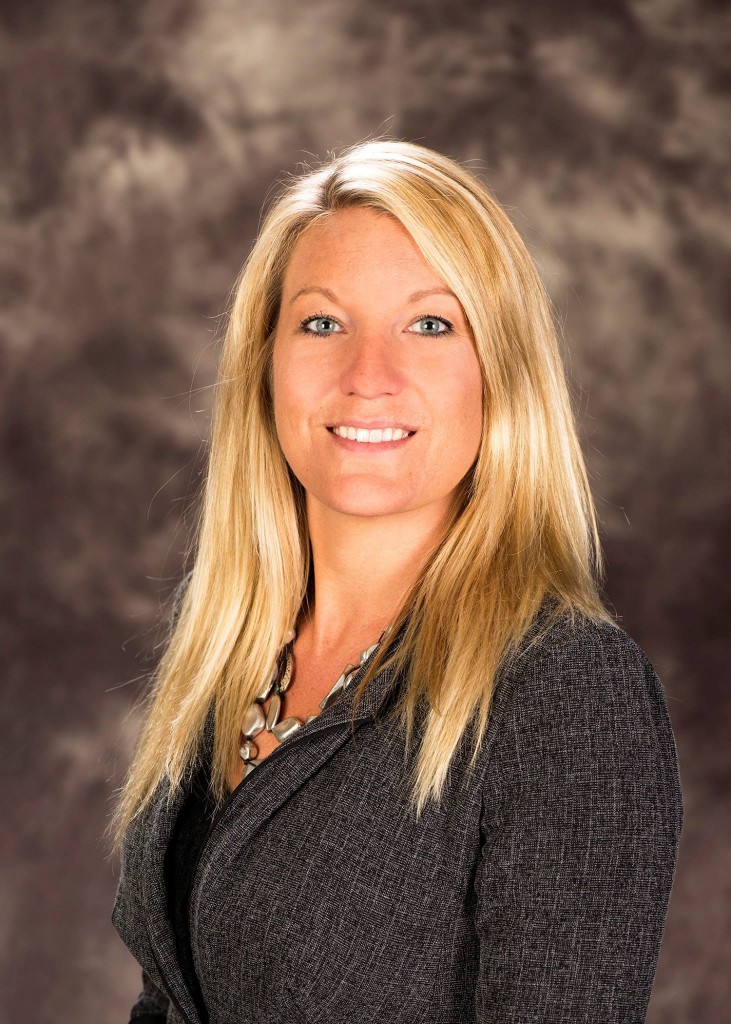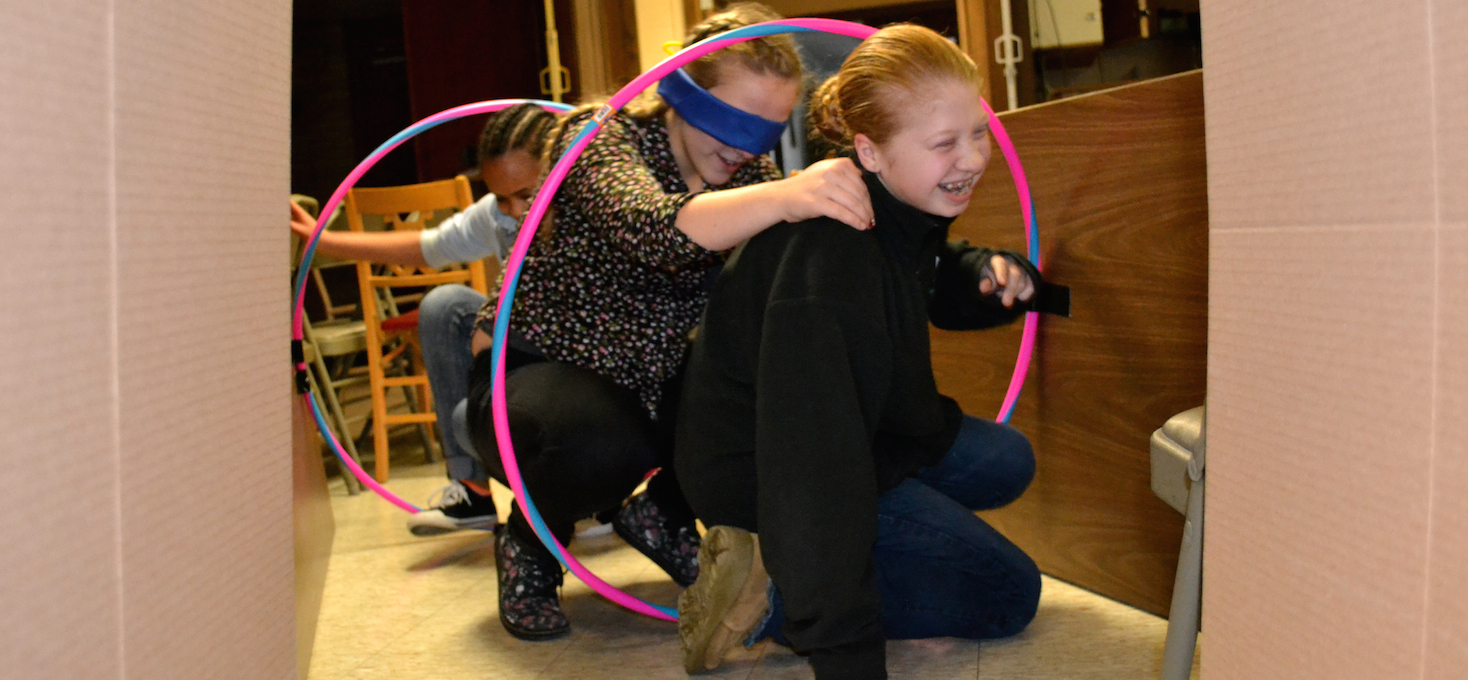It is tough to sharpen leadership skills when sitting in a classroom.
In Amber Manning-Ouellette’s Campus Leadership Development class, students are tasked with translating what they learn about leadership in the classroom into a real-world situation.
Campus Leadership Development, or CLPS 270, is offered through the College of Liberal Arts and Sciences’ Leadership Studies Program, coordinated by the Carrie Chapman Catt Center for Women in Politics. The course is open to students from any major at Iowa State University, and draws students who want to develop leadership skills to apply on campus, throughout the community, and their careers.
A large component of the class is a service learning project. The course follows a nationally renowned leadership model and program: The Leadership Challenge: How to Make Extraordinary Things Happen in Organizations.

For the service project, students in the fall 2015 course were divided into clusters and matched with Ames youth aged four to nine years old who were enrolled in the Community Housing Initiative’s Ames Enrichment Academy. The academy is an after-school program designed to enhance learning for a targeted population.
Since underprivileged youth typically have less access to educational resources, they experience learning gaps. The Iowa State students were challenged to develop an educational program that would address that gap, helping the youth increase their proficiency in STEM (science, technology, engineering and math) areas.
Once a week the students spent almost two hours with their matched students and led activities that helped youth expand their STEM knowledge. Students utilized activities like mathematic bingo, water cycles, measuring distance with paper airplanes, and character building through thankfulness.
“It was great to see the students begin to model what they were learning for the kids,” said Manning-Ouellette, lecturer for the course. “The students were able to see not only the difference they were making, but also that work and service is not just about you – there’s a much bigger picture.”
In addition to leadership principals and practices, students learned about the importance of diversity in leadership. The class learned about creating inclusive environments, using inclusive language and ways to role model inclusiveness. Manning-Ouellette said after learning about social justice issues in leadership, the students were able to establish trust, a critical building block of effective leadership, with the youth.
“We are not only providing education to those who have less access to academic support programs,” Manning-Ouellette said. “We are empowering the students and families to read to their children every day, and discover that learning science and mathematics is fun.”
“We want to show them that learning is an essential part of their future and that education is a vehicle for underprivileged students to change their life,” she said.
“We are not only providing education to those who have less access to academic support programs,” Manning-Ouellette said. “We are empowering the students and families to read to their children every day, and discover that learning science and mathematics is fun.”
As the semester continued, Manning-Ouellette and the students saw improvements in many of the youth’s educational skills, and their social skills. The students watched as some of the youth’s self-confidence, communication skills, and self-efficacy grew.
“For every visit that my group had, we could see a growing sense of confidence and eagerness within the children. They started to ask for our help and attention, rather than shy away from it,” said Chastity Henrichs, a sophomore in psychology.
By the conclusion of the course, students also facilitated a community service event and delivered presentations on what they learned through their experiences during the course.
“This opportunity influenced me to add a second major in youth services, confirmed my love of leadership, and redefined for me what it meant to be a leader,” said Melanie Trepa, a freshman in public relations.
Students may continue with additional leadership courses to receive a Leadership Studies Certificate, a propitious compliment to their degree.
“Courses and experiences like this help the university develop and retain campus leaders and volunteers,” Manning-Ouellette said. “We are building a community of students who are ready to provide leadership on campus today and will be more likely to be leaders later in life.”
